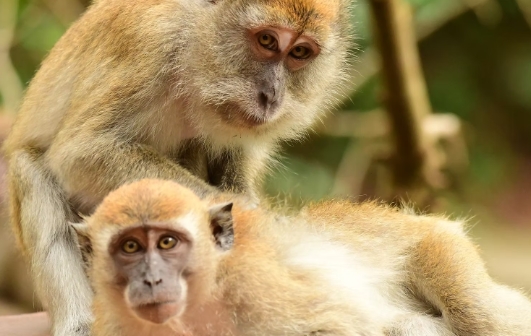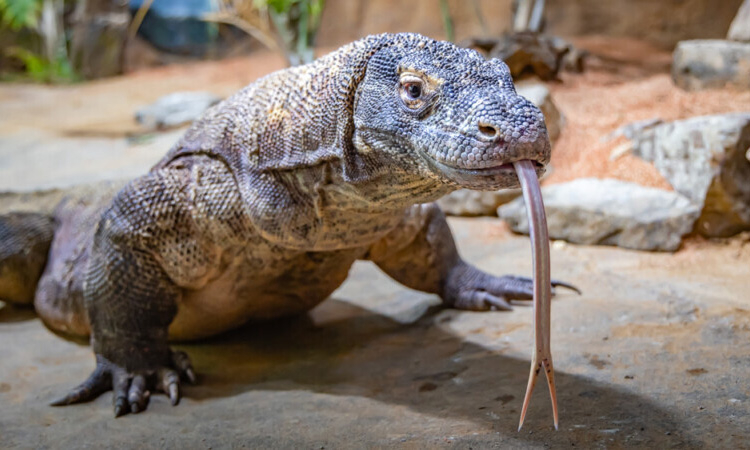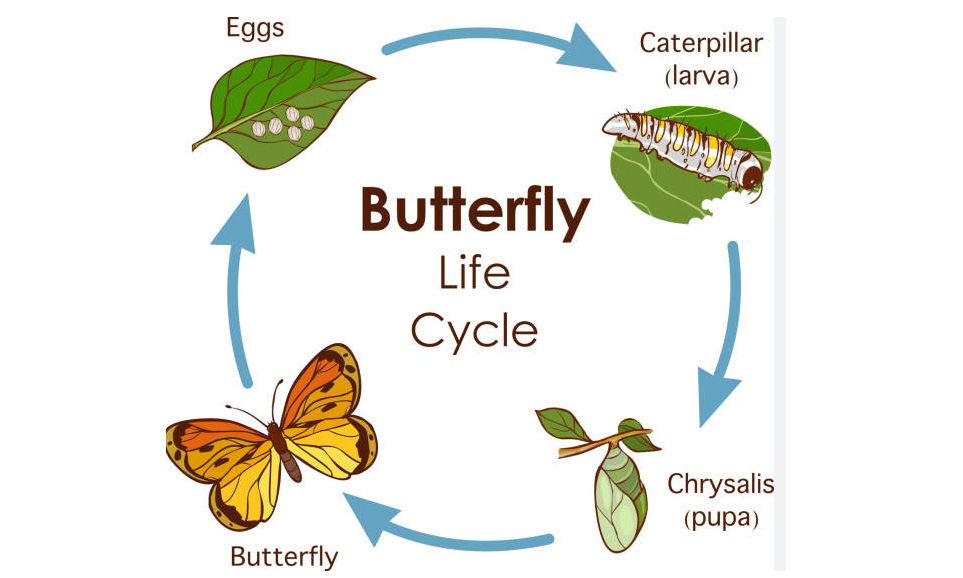The fascicularis monkey, also known as the long-tailed macaque, is a fascinating primate species found in Southeast Asia. Researchers have been studying their behavior and social structure to gain insight into their lives in the wild.
Social Hierarchy and Communication
Fascicularis monkeys live in large social groups, typically consisting of dozens of individuals. Within these groups, there is a complex social hierarchy. Dominance is established through aggressive interactions, such as threats, displays of power, and even physical attacks. Lower-ranking individuals often exhibit submissive behavior, such as avoiding eye contact and presenting their hindquarters.
Communication among fascicularis monkeys is primarily nonverbal. They use a variety of facial expressions, gestures, and vocalizations to convey messages to other group members. For example, a submissive monkey may make soft vocalizations to appease a higher-ranking individual, while a dominant monkey may display their teeth and vocalize loudly to assert their status.
Reproductive Strategies
Reproduction in fascicularis monkeys is highly competitive, with males actively competing for access to females. Dominant males have preferential mating opportunities and may form alliances with other high-ranking males to increase their chances of reproducing. Females typically give birth to a single offspring after a gestation period of around six months. Infant mortality rates are relatively high, due to predation and competition within the group.
Parental Care and Social Bonds
Female fascicularis monkeys are the primary caregivers for their young, providing them with food, protection, and grooming. Infant monkeys are dependent on their mothers for the first few months of life, after which they begin to explore and interact with other group members. Social bonds are essential for the well-being of the group, as individuals rely on each other for support, protection, and resources.
Challenges and Conservation
Fascicularis monkeys face significant challenges in the wild, including habitat loss, poaching, and infectious diseases. As human populations continue to expand into their natural habitats, these primates are increasingly threatened. Conservation efforts are crucial to protecting fascicularis monkeys and ensuring their survival for future generations.
In conclusion, the behavior and social structure of fascicularis monkeys provide valuable insights into their lives in the wild. By studying these primates, researchers can better understand their relationships, communication strategies, and reproductive strategies. Conservation efforts are essential to protect these fascinating creatures and their natural habitats for generations to come.




